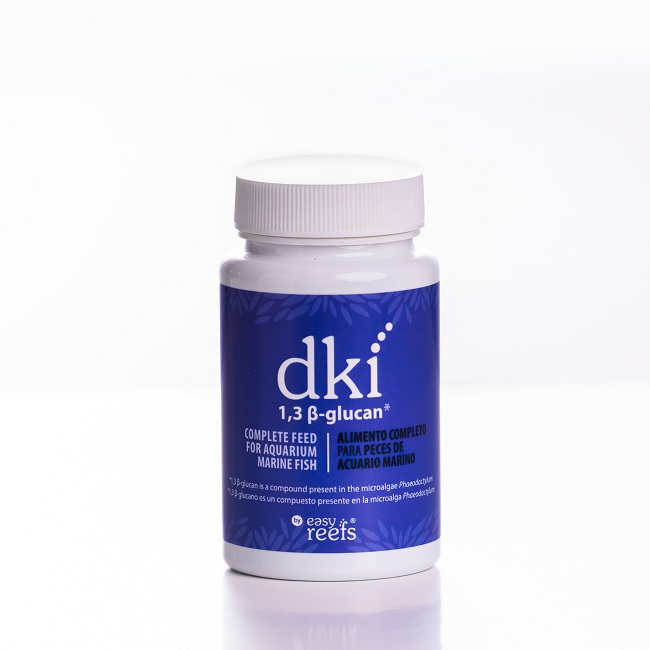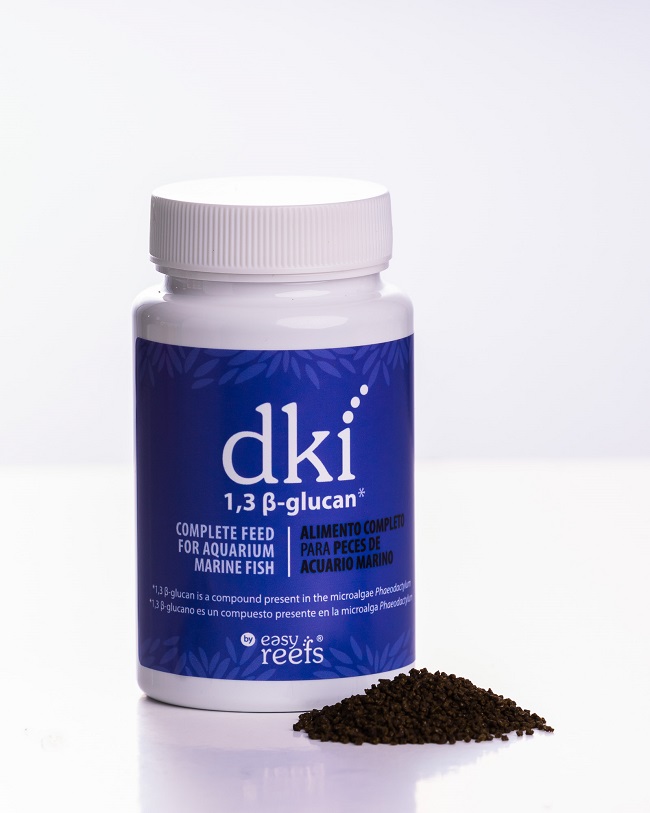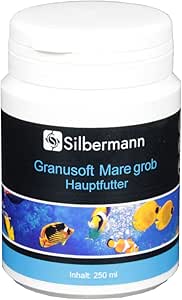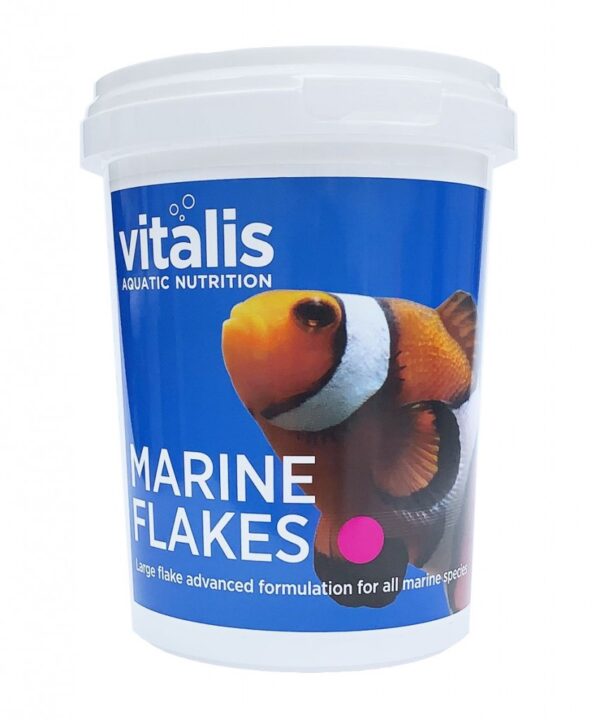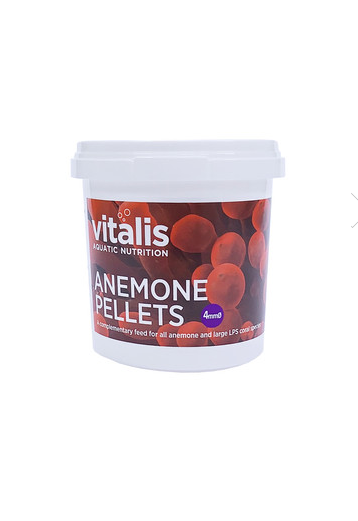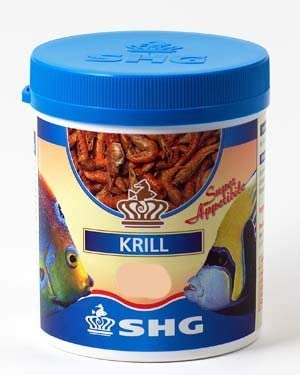DKI 1,3 β-Glucan – Powerful Natural Immunostimulant for Aquarium Fish
DKI 1,3 β-Glucan is an advanced and natural supplement formulated to actively support the immune system of ornamental and farmed fish. Made with active β-glucans and the microalga Phaeodactylum tricornutum, it is a rich source of bioactive compounds such as omega-3 EPA fatty acids, carotenoids (fucoxanthin), and chrysolaminarin. These compounds provide anti-inflammatory and antimicrobial effects. Regular use of DKI 1,3 β-Glucan strengthens immune defenses, reduces stress, improves resistance to bacterial and viral infections, and promotes a healthy, balanced gut microbiome.
Main Benefits:
-
Boosts immunoglobulin (IgM) production and enhances adaptive immune response
-
Triggers the release of key cytokines such as IL-1, IL-8, and TNF-α for a rapid anti-inflammatory reaction
-
Improves complement system activation and antimicrobial peptide production
-
Effectively fights pathogens like Vibrio spp.
-
Promotes expression of antiviral response genes (interferons irf3 and irf7)
-
Reduces harmful bacteria and supports gut microbiota balance
-
100% natural formula, free of chemicals, and safe for aquatic environments
Directions for Use:
Add as directed by the manufacturer based on tank volume and recommended frequency. Ideal for regular use in community tanks, quarantine setups, and intensive breeding systems.
Why Choose DKI 1,3 β-Glucan:
A safe, scientifically backed supplement designed to improve fish health, boost immune defenses, and prevent disease outbreaks. Especially useful during environmental stress, water changes, medication treatments, or when introducing new fish.



 English
English  Italiano
Italiano 
